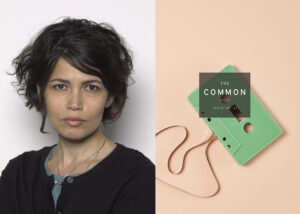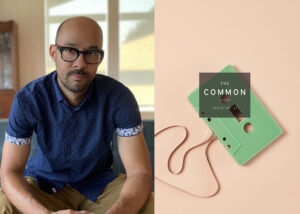By STEVEN TAGLE
Last year, I wandered through Greece, knocking on all the gates of Hades. I walked along the Acheron River, whose icy blue waters seemed colored by the spirits of the dead. Stalactites dripped onto the back of my neck as a silent boatman ferried me through the caves of Diros. I searched for the entrance to the sea cave at Cape Tainaron, scrambling over sharp rocks below the lighthouse as darkness fell. Sometimes I wondered if my search for the underworld tempted the Fates. I remembered Orpheus, the father of music, who charmed beasts with his lyre and descended into Tainaron to find his lost bride, Eurydice. With song, he implored Hades and Persephone to bring her back to life, and his words moved the deathless gods to tears. They granted his wish, allowing him to lead her out of the underworld on one condition: he must walk ahead of her, not looking back until they left the dark halls of death. Approaching the surface, the farthest reach of light, Orpheus feared his love’s silence behind him. He turned to look and saw her sink back into the depths, reaching out to him and bidding him farewell for the last time.
















